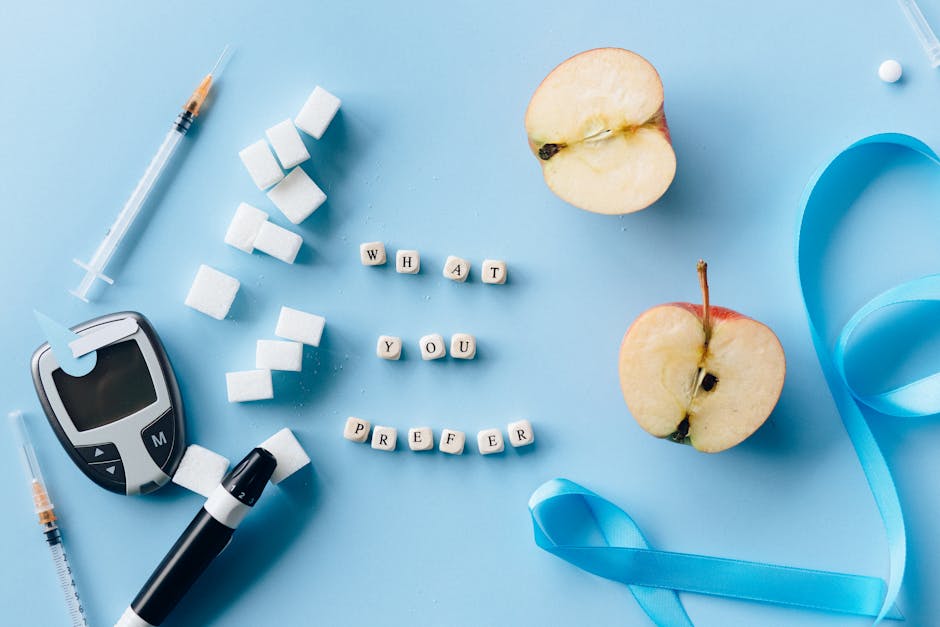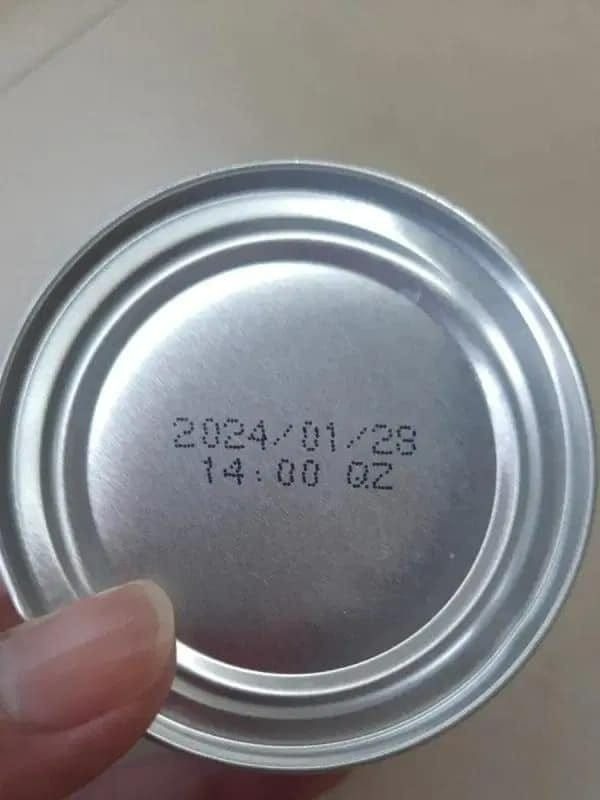Ever stared into your fridge, holding a carton of milk, wondering if it’s still safe to drink despite the date on the label? You’re not alone! Food expiration dates are a source of confusion for many. Are they a strict deadline, or just a suggestion? Let’s dive into the truth about food expiration dates and what you really need to know to stay safe and reduce food waste.
Understanding Food Expiration Dates: More Than Just “Expiration”
Food labels are packed with information, but deciphering the dates can feel like cracking a code. Understanding the nuances between different types of dates is key to making informed decisions about your food.

“Sell By” vs. “Use By” vs. “Best By”: Decoding the Dates
These terms often get mixed up, but they have distinct meanings:
- “Sell By”: This date tells the store how long to display the product for sale. You should buy the product before this date, but it doesn’t mean the food is unsafe to eat after.
- “Use By”: This date is the manufacturer’s recommendation for when the product is at its peak quality. After this date, the quality may decline, but it doesn’t automatically mean it’s unsafe. However, for highly perishable items like certain deli meats and seafood, sticking to this date is crucial for safety.
- “Best By” (or “Best Before”): This indicates when the product will be at its best flavor and quality. It’s primarily about quality, not safety. You can often consume the product after this date, though the taste or texture might not be optimal.

What About “Expiration Dates” on Baby Formula?
Baby formula is the exception to the general rule! The expiration date on baby formula is crucial. It’s related to nutrient content and the formula’s ability to pass through a standard-size nipple. Always discard formula after the expiration date.

How to Tell If Food is Safe to Eat: Beyond the Date
Relying solely on the date on the package isn’t always the best approach. Using your senses can often tell you more about a food’s safety and quality.

Trust Your Senses: Smell, Look, and Taste
Often, your senses are the best guide. Look for these warning signs:
- Smell: Does it smell “off,” sour, or rotten? Trust your nose!
- Look: Is there visible mold, discoloration, or a strange texture?
- Taste: If it looks and smells okay, a small taste can sometimes reveal if it’s gone bad. But if anything seems suspicious, it’s best to err on the side of caution. Don’t taste anything that smells or looks questionable!
Proper Storage: The Key to Food Safety
How you store your food significantly impacts its shelf life. Keep these tips in mind:
- Refrigerate Promptly: Don’t leave perishable foods at room temperature for more than two hours (or one hour if the temperature is above 90°F).
- Store Correctly: Store foods in airtight containers to prevent spoilage and cross-contamination.
- Temperature Matters: Ensure your refrigerator is set to 40°F (4°C) or below and your freezer is at 0°F (-18°C).

Understanding Foodborne Illness
While expiration dates can be helpful, they are not foolproof when it comes to preventing foodborne illness. Bacteria, viruses, and parasites can contaminate food at any point during production and preparation. Knowing how to prevent these illnesses is essential.
- Wash your hands: Wash your hands thoroughly with soap and water before and after handling food.
- Cook foods to safe temperatures: Use a food thermometer to ensure that meat, poultry, seafood, and eggs are cooked to a safe internal temperature.
- Avoid cross-contamination: Use separate cutting boards and utensils for raw and cooked foods.

Conclusion: Reduce Waste, Stay Safe, and Trust Your Judgement
Food expiration dates are helpful guidelines, but they aren’t the final word. Understanding the different types of dates, trusting your senses, and practicing proper food storage are crucial for both food safety and reducing food waste. Don’t blindly throw away food just because the date has passed – use your best judgment! When in doubt, though, err on the side of caution. Remember, a little knowledge goes a long way in keeping yourself and your family healthy and safe.
